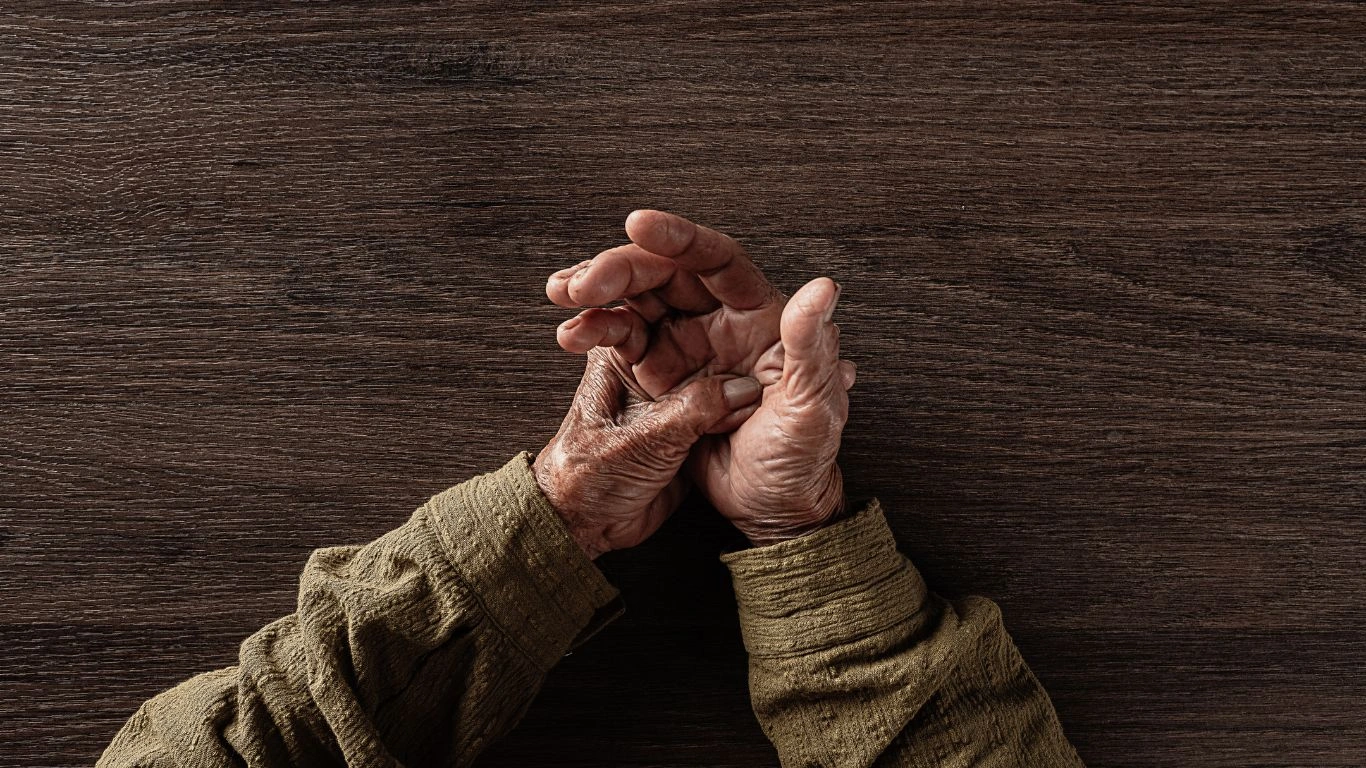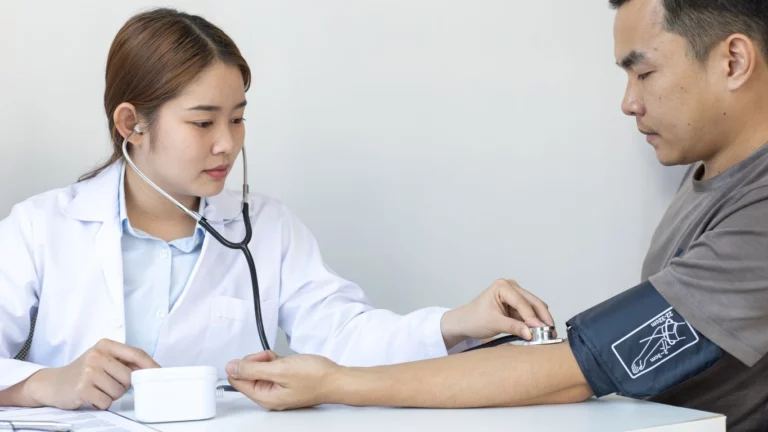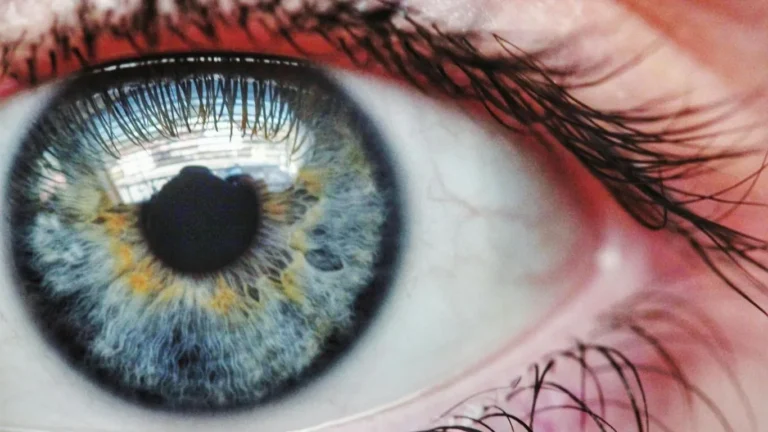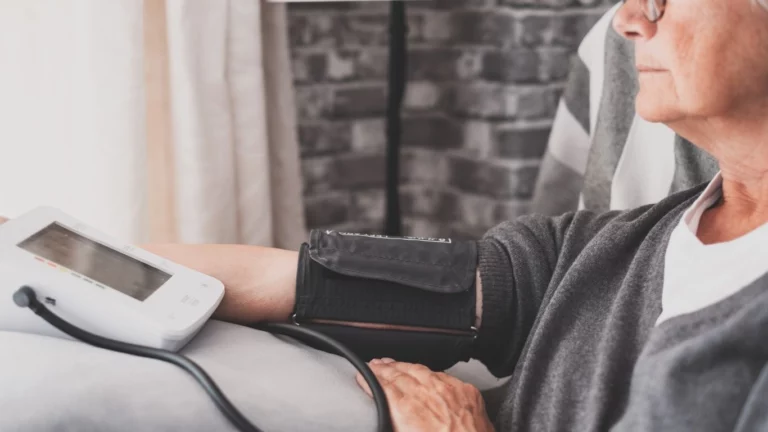The Hidden Link Between RA and Hormone Imbalance Worsening Symptoms
It’s something I’ve seen again and again in my clinic—women, often in their 30s to 50s, coming in with symptoms of rheumatoid arthritis (RA), only to reveal they’ve recently gone through a major hormonal shift. Whether it’s postpartum changes, perimenopause, or even thyroid imbalances, there’s a *clear pattern* I can’t ignore. The RA and hormone imbalance link is real, and it’s not talked about nearly enough. As a Rheumatology nurse practitioner, I’ve had countless conversations with patients trying to make sense of flaring joints and fatigue that seem to sync up with their hormones. So let’s talk about it—from a clinical, science-based, but very human perspective.
How Hormones Interact with the Immune System
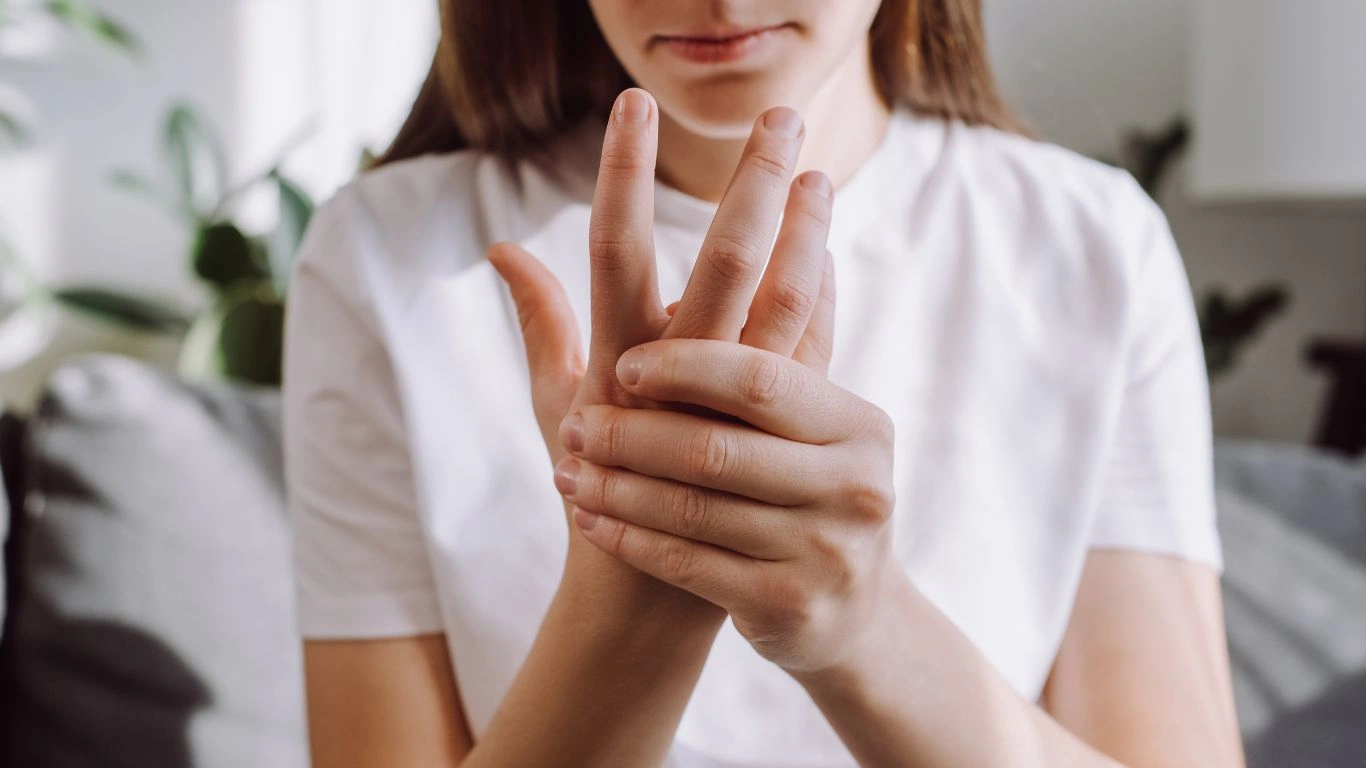
Estrogen: The Double-Edged Sword
Estrogen can be both friend and foe when it comes to autoimmune diseases like RA. During pregnancy, for example, many women experience a temporary remission of RA symptoms, which is widely believed to be due to the rise in estrogen levels. But here’s the kicker—after delivery, when estrogen drops sharply, flares often come back with a vengeance. I’ve had several patients describe it as a ‘crash and burn’ moment, where their joints felt like they were on fire just weeks postpartum.
Progesterone and Inflammation
Progesterone is another hormone that tends to get overlooked, but it plays a significant anti-inflammatory role. In theory, higher levels of progesterone should help calm autoimmune responses. However, when women go through perimenopause and progesterone begins to decline, it can throw the immune system off balance. That’s when I start hearing about morning stiffness lasting hours and fatigue so deep it’s hard to explain.
Testosterone: Not Just a “Male” Hormone
We often forget that women need testosterone too, just in smaller amounts. Low testosterone has been linked with increased inflammation and joint pain. I’ve seen this particularly in women with early-onset RA—lab work might show borderline low T levels, and when we address that, they often report better energy and less pain. Coincidence? I don’t think so.
Hormonal Life Events That Can Trigger RA Onset

Puberty, Pregnancy, and Menopause
Each of these phases brings a hormonal rollercoaster that can shake up the immune system. It’s no surprise that RA often first shows up during these times:
- Puberty: The surge in sex hormones can “awaken” autoimmune tendencies.
- Pregnancy: As mentioned, symptoms often improve—only to rebound postpartum.
- Menopause: Lower estrogen and progesterone levels can worsen inflammation.
Thyroid Disorders and RA
There’s also a strong overlap between thyroid imbalances and RA. In fact, I always screen for thyroid issues in my RA patients. Hypothyroidism and Hashimoto’s often coexist with RA, and hormonal dysfunction from the thyroid can trigger or worsen autoimmune symptoms. It’s a whole hormonal ecosystem—when one thing goes off, the rest follows.
Why Women Are More Affected Than Men
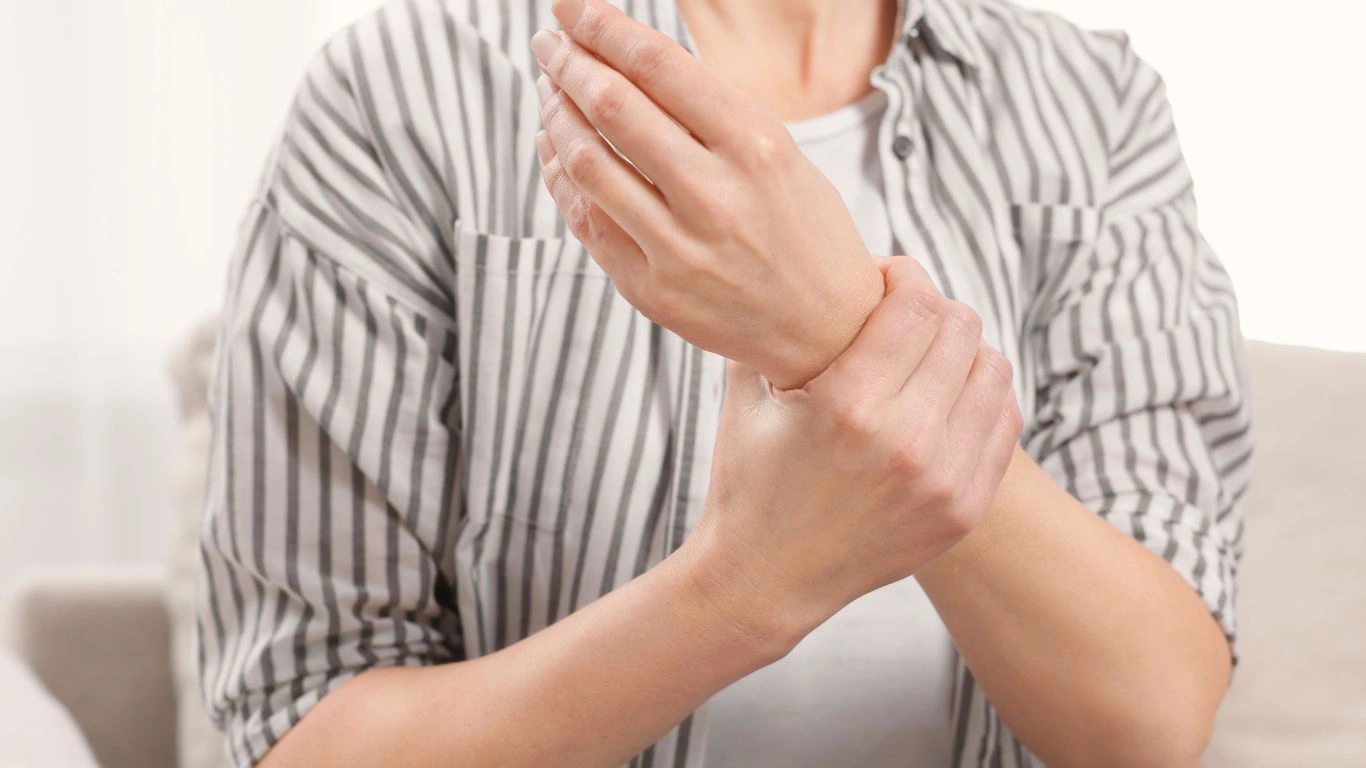
Genetic + Hormonal Combo
It’s not just bad luck. Women are two to three times more likely to develop RA than men, and this isn’t just about genes. The hormonal differences play a huge role. Estrogen, while protective in some cases, can also enhance certain immune responses. Add that to a family history of autoimmune disease, and you’ve got a recipe for chronic inflammation.
My Clinical Takeaway
When a patient tells me their symptoms seem to change with their cycle or got worse after menopause, I don’t dismiss it—I lean in. These are the clues that help us look at RA not just as a disease of the joints, but as part of a larger, hormone-sensitive system. And frankly, the more we connect these dots, the more empowered our patients become to advocate for themselves.
How Stress and Cortisol Mess with Hormones and RA
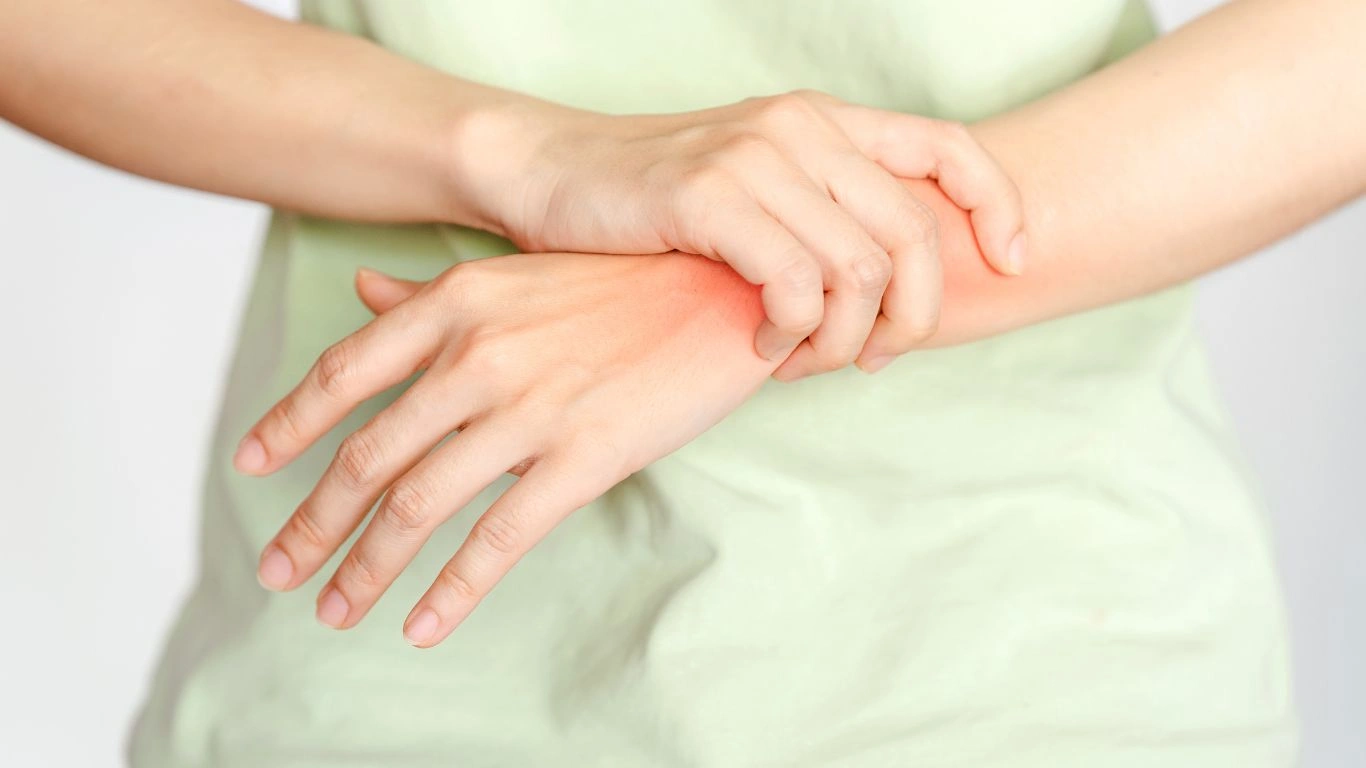
The Cortisol Connection
Let’s talk about cortisol—the so-called “stress hormone.” When patients tell me they’ve had a stressful life event and their RA suddenly kicked up a notch, I believe them. Why? Because cortisol plays a major role in immune regulation. Short-term, it’s anti-inflammatory. But when stress becomes chronic, the body starts resisting cortisol’s effects. That’s when inflammation goes unchecked, and boom—flare city.
Think of cortisol like your body’s fire extinguisher. If you’re using it all the time, eventually the tank runs dry. I’ve had patients going through divorces, caregiving for elderly parents, or juggling burnout-level jobs—and it’s no coincidence their joints start acting up right around then. Chronic stress throws hormones out of balance, and with RA, that’s a recipe for chaos.
Adrenal Fatigue Isn’t Just Hype
Now, I know “adrenal fatigue” isn’t officially recognized in some circles, but clinically? I see the patterns. Low energy, brain fog, sensitivity to light, salt cravings—these folks often also have worsening RA symptoms. The adrenals help regulate cortisol, DHEA, and sex hormones. When they’re out of sync, everything else falls apart like dominoes.
Birth Control, Hormone Therapy, and RA Symptoms
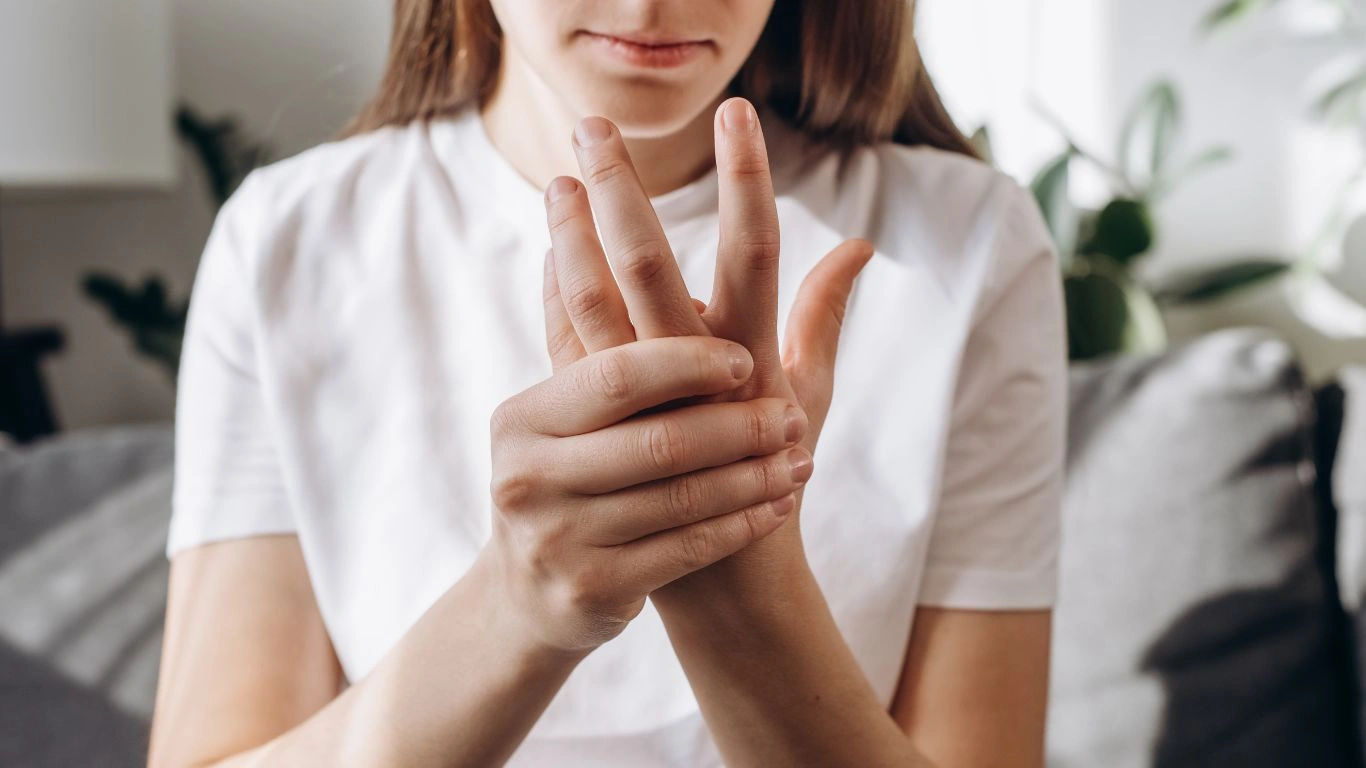
Oral Contraceptives and Risk Factors
This is a touchy topic sometimes, but here’s what I’ve noticed. Some women report fewer RA symptoms while on birth control pills—likely because the steady hormone levels help prevent major fluctuations. Others experience the opposite. And research is kind of split on this one. In my experience, it all comes down to the *individual’s hormone sensitivity*. Some of my younger patients find that the pill helps regulate flares around their cycles. Others feel worse—more joint swelling, more fatigue. We have to listen to the body, not just the data.
Bioidentical Hormones vs. Traditional HRT
I’ve also worked with postmenopausal women navigating hormone replacement therapy (HRT), and let me tell you—it can be a game-changer. Especially when it comes to sleep and joint pain. But I always emphasize this: one-size-does-not-fit-all. Some women respond beautifully to low-dose estrogen patches or bioidentical creams. Others? Not so much. And it’s not always about estrogen alone—progesterone balance matters too. I usually collaborate with their gynecologists or functional medicine docs to fine-tune things based on symptoms and labs.
RA and Hormone Imbalance Link in Lab Work

What I Look for in Bloodwork
When I suspect hormones are stirring the RA pot, here’s what I typically order (beyond the usual RA panel):
- Estradiol and Progesterone – ideally checked mid-cycle or day 21, depending on the cycle phase.
- Total and Free Testosterone – low levels often correlate with fatigue and muscle weakness.
- DHEA-S – gives insight into adrenal hormone output.
- TSH, Free T3, Free T4, and Thyroid Antibodies – thyroid dysfunction is a common culprit.
- Cortisol (AM and PM) – sometimes salivary testing gives us the most accurate picture.
What’s interesting is that many RA patients show imbalances here—even when their joint pain is their main concern. So when we address these hormone issues head-on? The whole picture improves. Less pain. Better mood. Better sleep. It’s a ripple effect.
Lab Trends I’ve Noticed
One of the most common patterns I’ve seen? Women with RA and consistently low progesterone. Often, they’re dealing with irregular periods, anxiety, poor sleep, or migraines too. Another red flag: women who are estrogen dominant—especially if they’re also low in testosterone and DHEA. These patients tend to have more inflammatory markers elevated (hello, CRP and ESR).
Why the RA and Hormone Imbalance Link Deserves More Attention

The Gap in Standard Care
Honestly? Hormones still get sidelined in traditional rheumatology care. We focus heavily on DMARDs, biologics, and steroid tapers—and yes, those are essential tools. But we’re missing a big piece of the puzzle when we don’t look at the underlying hormonal environment. I’ve had women tell me they feel “gaslit” when they bring up their cycle, their thyroid, or their HRT—and that’s not okay. Their experiences are valid. We can do better as a field.
Listening to the Whole Story
It’s not just about treating joints—it’s about treating the person. The whole person. Hormones don’t exist in a vacuum, and RA doesn’t show up randomly. When I slow down, ask the right questions, and connect the dots, patients feel seen. That’s when real healing starts. That’s when things shift from “just surviving” to actually thriving.
Functional and Lifestyle Strategies to Support Hormone Balance with RA

Nutrition as Medicine (Seriously, It Matters)
I’ve said it in clinic more times than I can count—food is information. The foods we eat literally tell our bodies how to function, including how our hormones behave. In RA, inflammation is already running high. So when hormones are off-balance, the last thing we want to do is add more fuel to the fire.
Here’s what I often recommend to patients dealing with the hormone-RA combo:
- Omega-3s: Wild salmon, flaxseed, and walnuts help reduce inflammation and support hormone synthesis.
- Cruciferous veggies: Think broccoli, kale, cauliflower. These help with estrogen detoxification through the liver.
- Magnesium-rich foods: Like pumpkin seeds, leafy greens, and avocados—great for adrenal support and progesterone production.
- Limit processed carbs and sugar: They spike insulin, increase inflammation, and mess with cortisol rhythm.
And hydration? Don’t underestimate it. I’ve had patients see major improvements in morning stiffness just by cutting back on soda and increasing water and herbal teas.
Movement, Not Just Exercise
When hormones are disrupted and joints hurt, the last thing someone wants to do is hit the gym—and I get that. But I always say, “motion is lotion.” Gentle movement like yoga, walking, tai chi, or even stretching can make a world of difference.
One of my patients started doing 10-minute walks after meals and said it helped her digestion, her joints, and surprisingly, her mood. It’s all connected. Cortisol drops, insulin sensitivity improves, and hormones start behaving a bit better.
Integrative Tools That Have Helped My Patients

Adaptogens and Supplements
I never push supplements as a quick fix, but when used thoughtfully, they can support hormone and immune balance. Here are a few I’ve seen make a real difference—always after labs and thorough evaluation:
- Vitex (Chaste Tree Berry): Supports progesterone production and menstrual cycle regulation.
- Ashwagandha: Helps modulate cortisol, great for stress-induced flares.
- DHEA (low dose): Sometimes helpful in postmenopausal women with low levels and fatigue—but only under supervision.
- Evening Primrose Oil: May reduce joint pain and support hormonal balance, especially during perimenopause.
Of course, I work closely with patients’ primary care docs, endocrinologists, or functional practitioners when adding anything new. Safety first—always.
Sleep and Circadian Rhythm Repair
Hormones are deeply tied to our circadian rhythm. Melatonin, cortisol, estrogen—they all follow the sun, so to speak. Poor sleep worsens inflammation and throws hormone signaling way off.
Some things I encourage that have worked for my patients:
- Blue light blockers after 7 PM
- Magnesium glycinate or topical magnesium
- Calming bedtime rituals—books over screens, gentle music, herbal tea
It sounds basic, but restoring rhythm is one of the most powerful (and underrated) ways to support both RA and hormone function.
What I Tell My Patients Every Week
If there’s one takeaway from everything I’ve learned, it’s this: your body is always trying to communicate. When hormones shift and joints flare, it’s not random. It’s your body asking for attention, asking for balance.
I’ve seen women reclaim their energy, reduce pain, and feel like themselves again—not just from injections or prescriptions, but by supporting their hormones in a targeted, compassionate way. RA is complex, no doubt. But when we connect the dots between inflammation and hormonal imbalance, we give ourselves another tool in the toolbox—and that’s powerful.
References
- https://www.ncbi.nlm.nih.gov/
- https://www.cdc.gov/
- https://www.rheumatology.org/
- https://www.endocrine.org/
Disclaimer
This article is intended for educational purposes only and does not constitute medical advice. Always consult your healthcare provider before making any changes to your treatment plan, medication, or supplement regimen. As a Rheumatology Nurse Practitioner, I’m sharing clinical observations and general wellness insights—not replacing personalized care.

Tarra Nugroho is a dedicated Nurse Practitioner with a strong foundation in family and preventive care. She brings both compassion and clinical expertise to her practice, focusing on patient-centered care and health education. As a contributor to Healthusias.com, Tarra translates medical knowledge into clear, empowering articles on topics like women’s health, chronic disease management, and lifestyle medicine. Her mission is simple: help people feel seen, heard, and informed—both in the clinic and through the content she creates. When she’s not caring for patients, Tarra enjoys weekend hikes, plant-based cooking, and curling up with a good health podcast.

